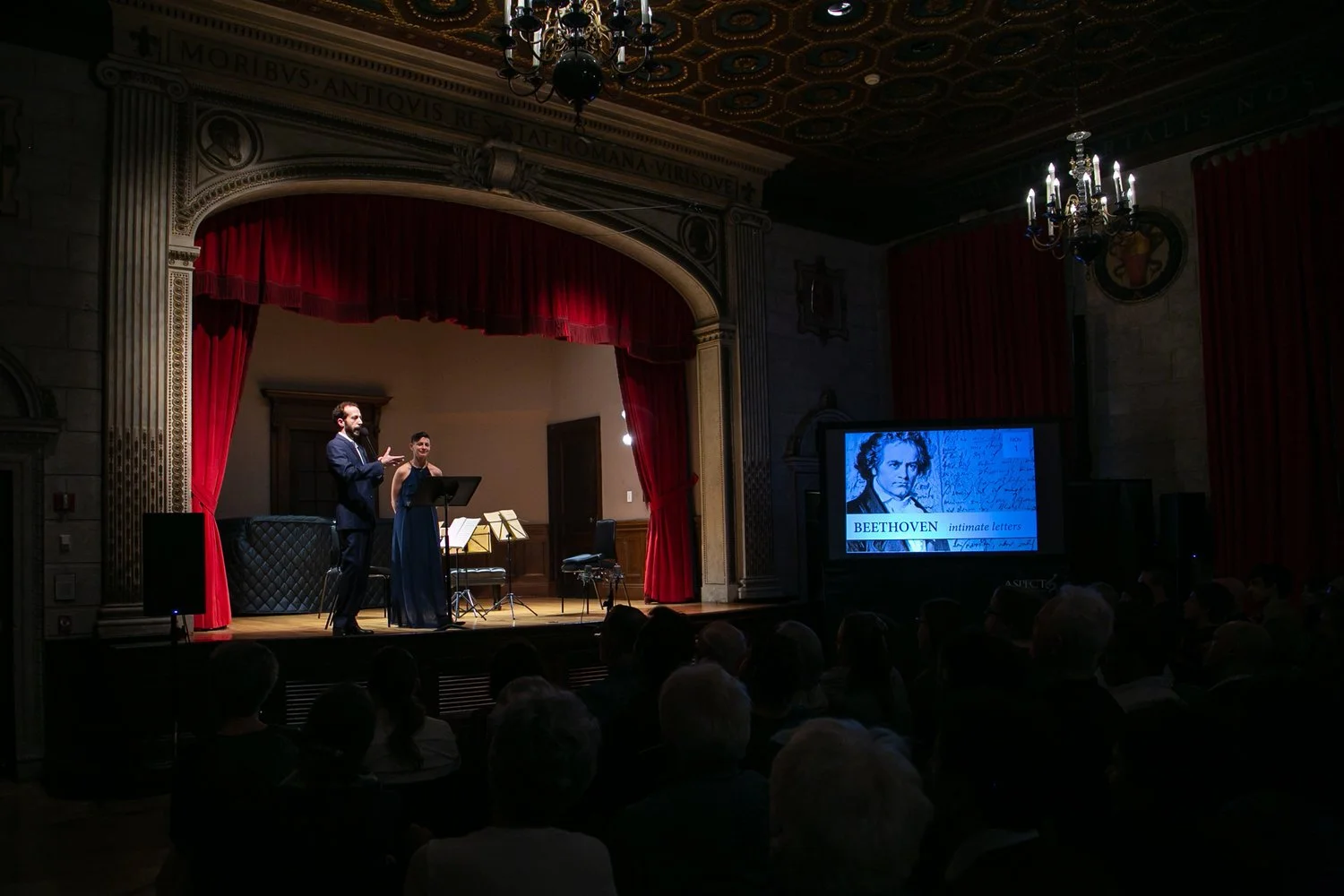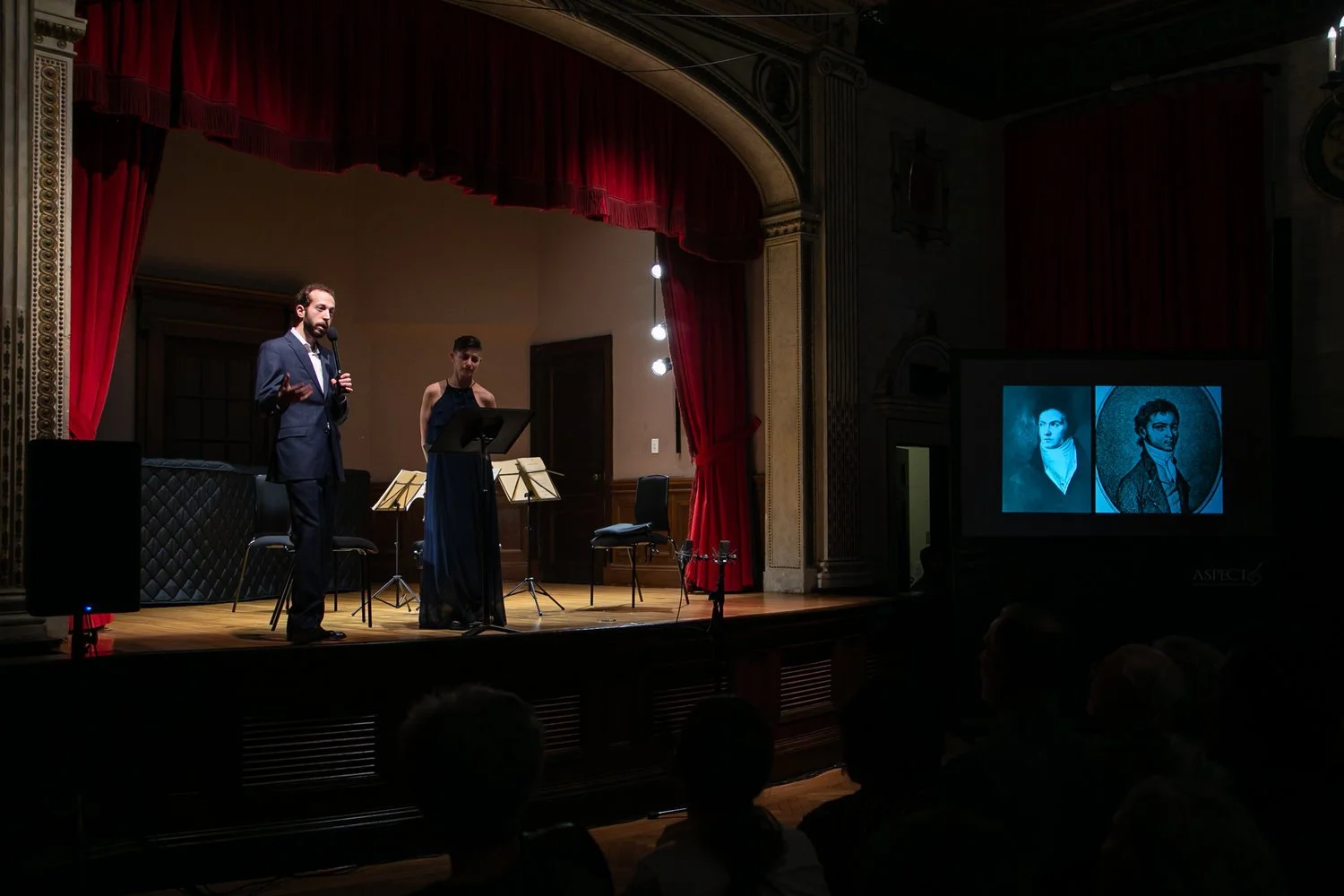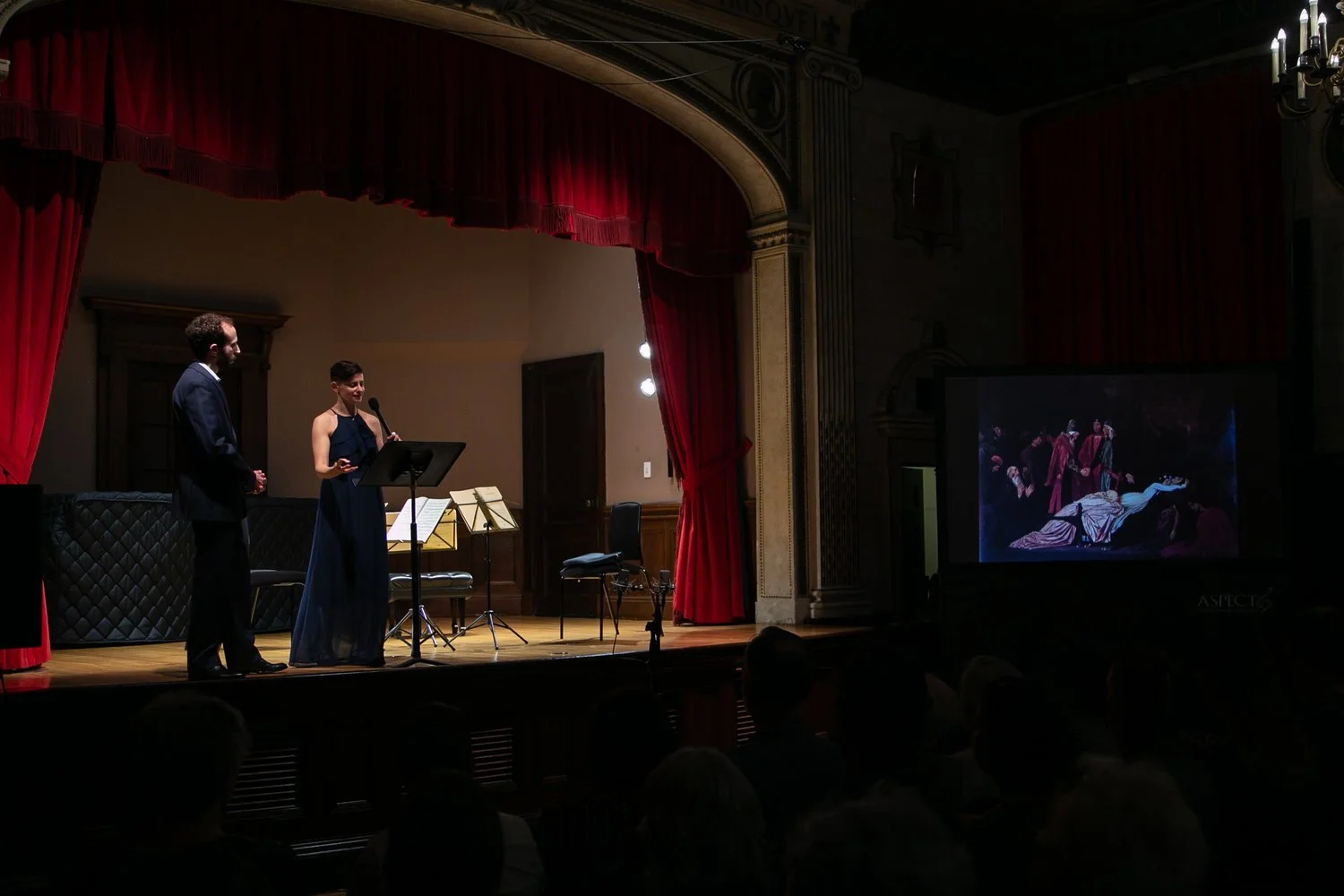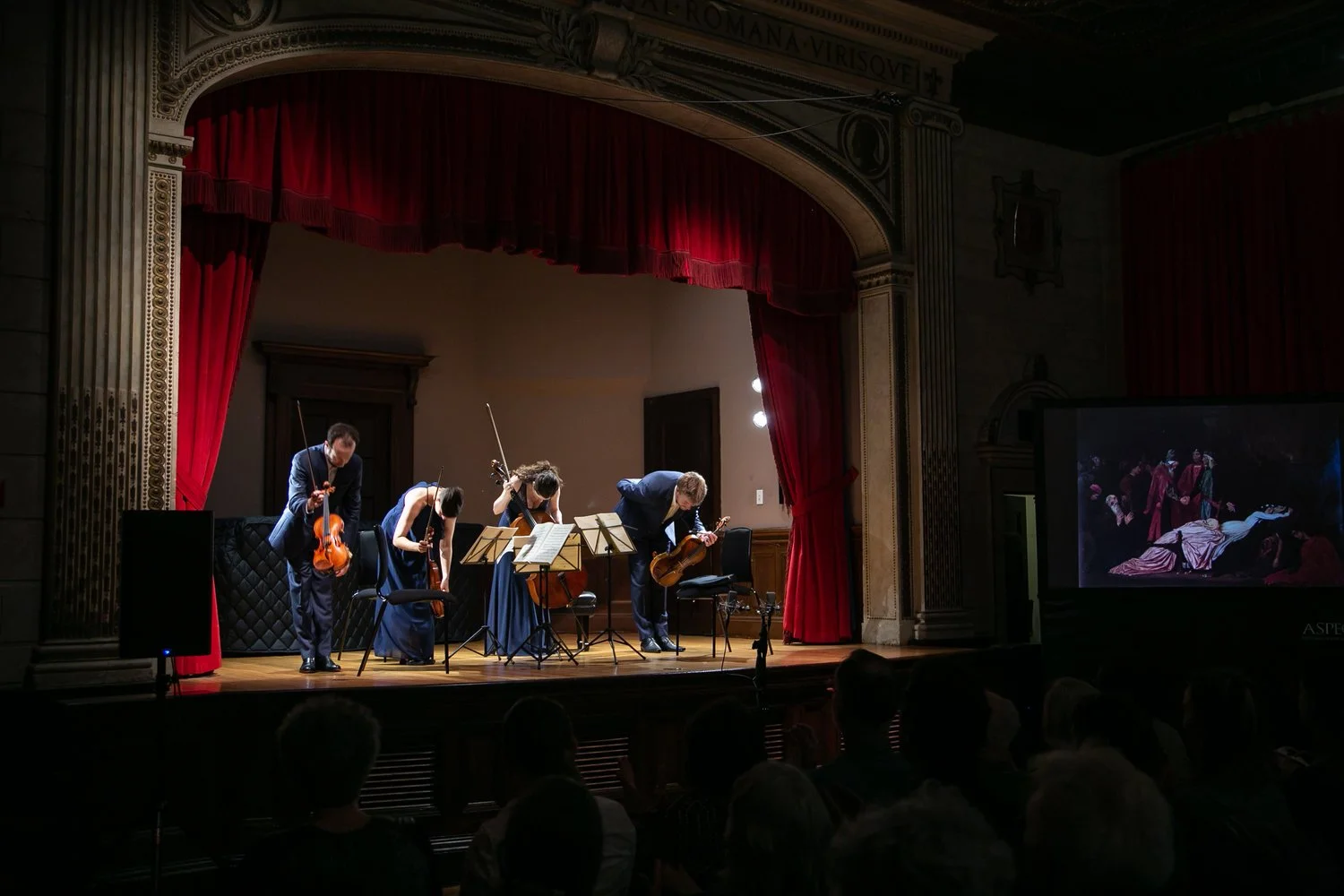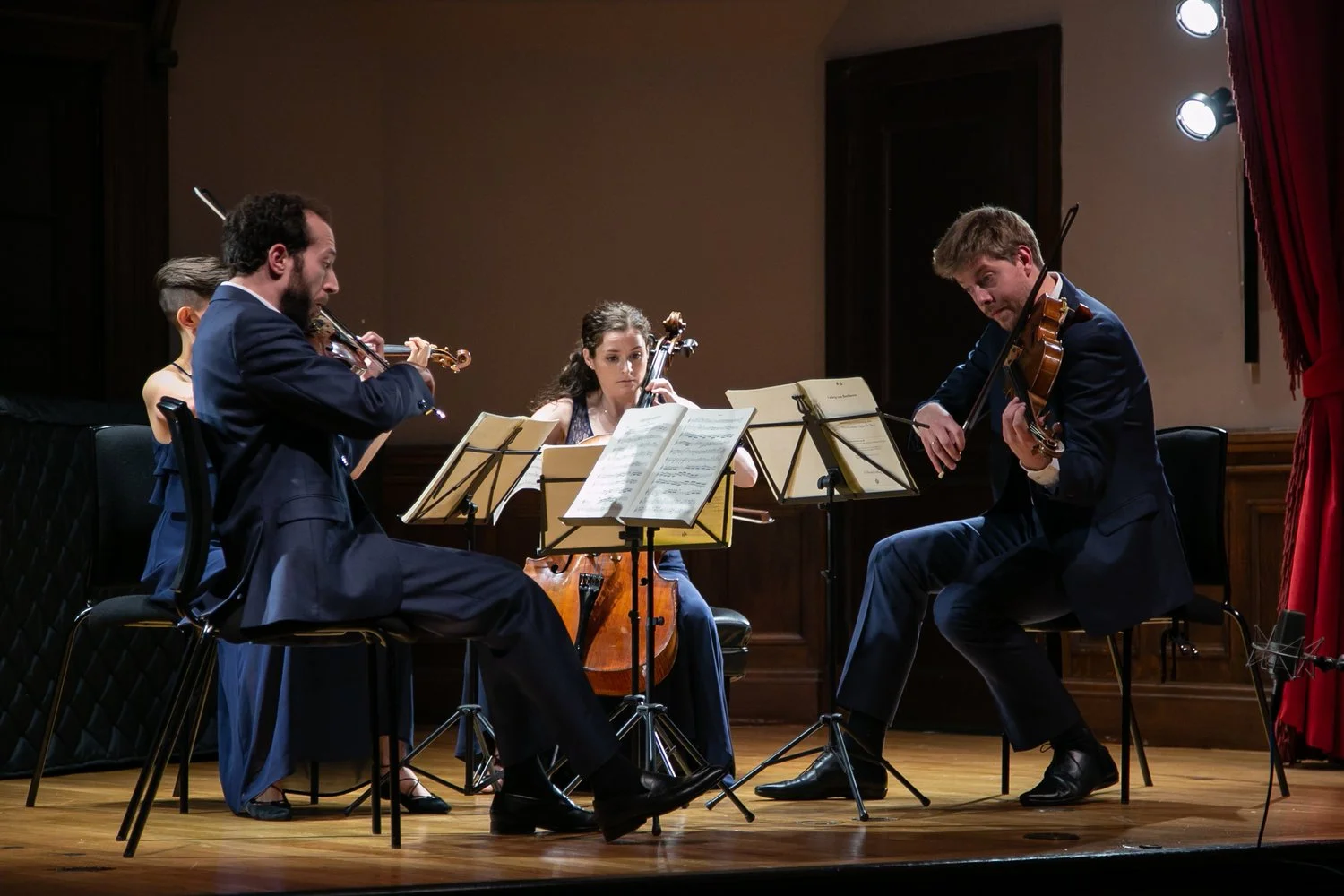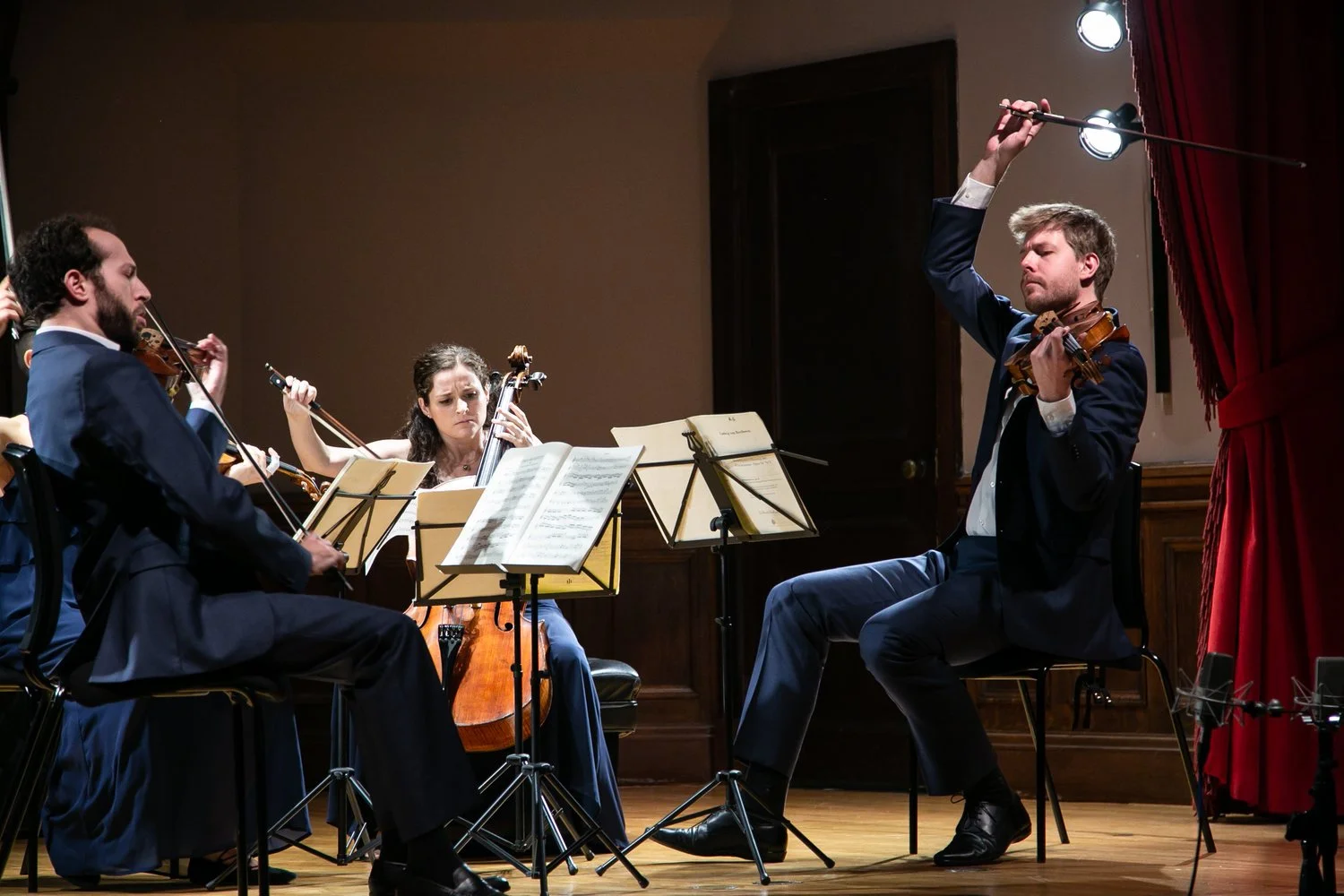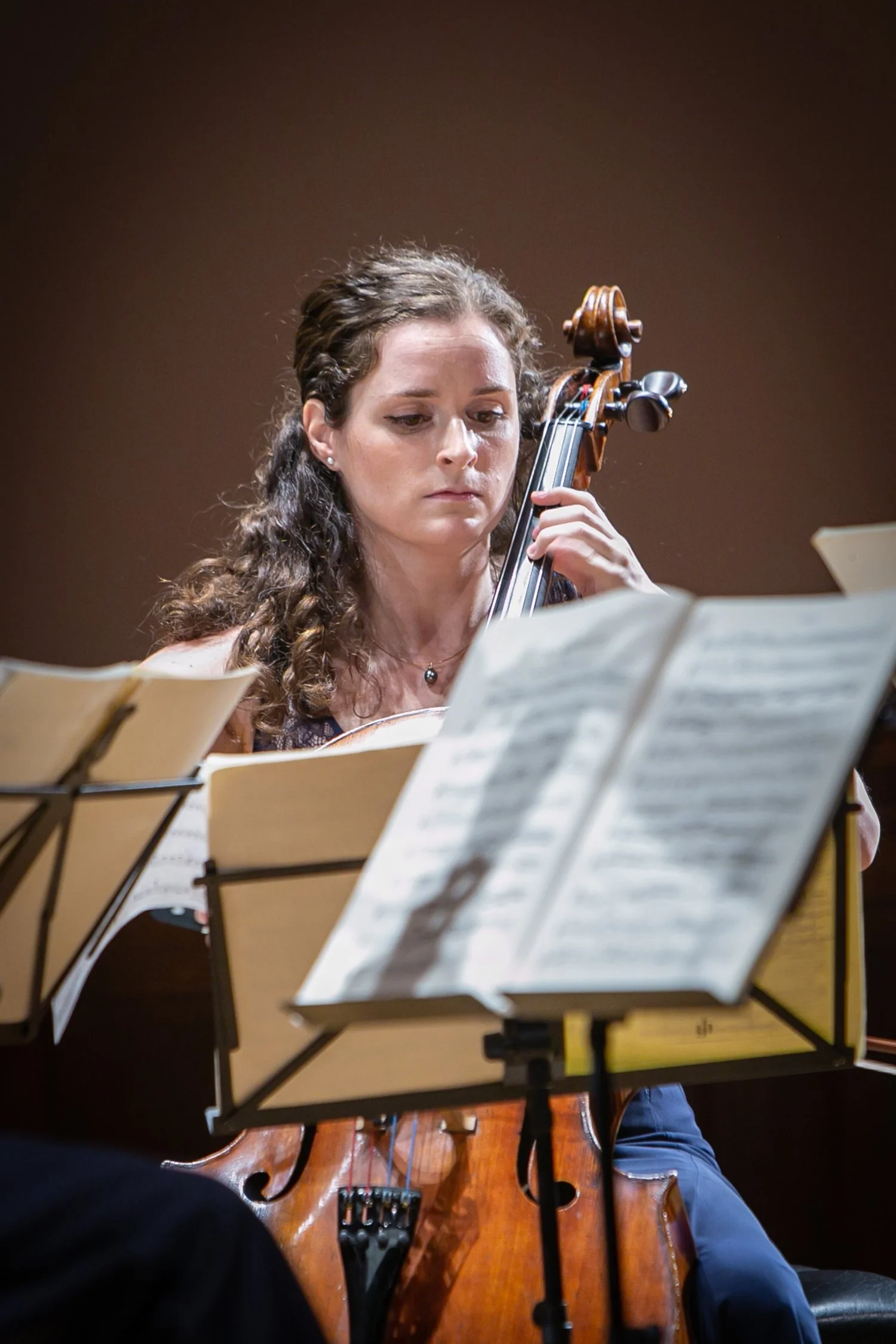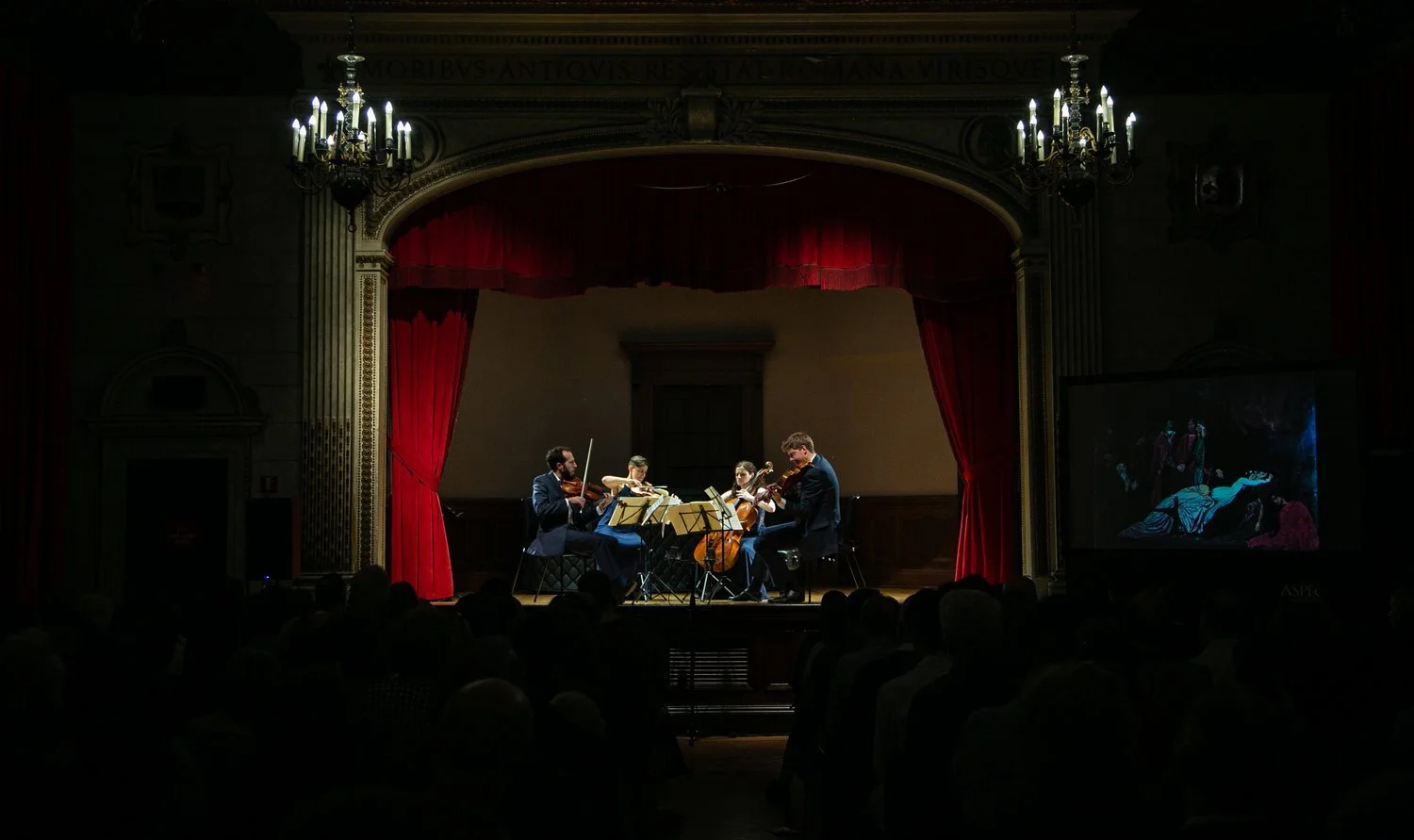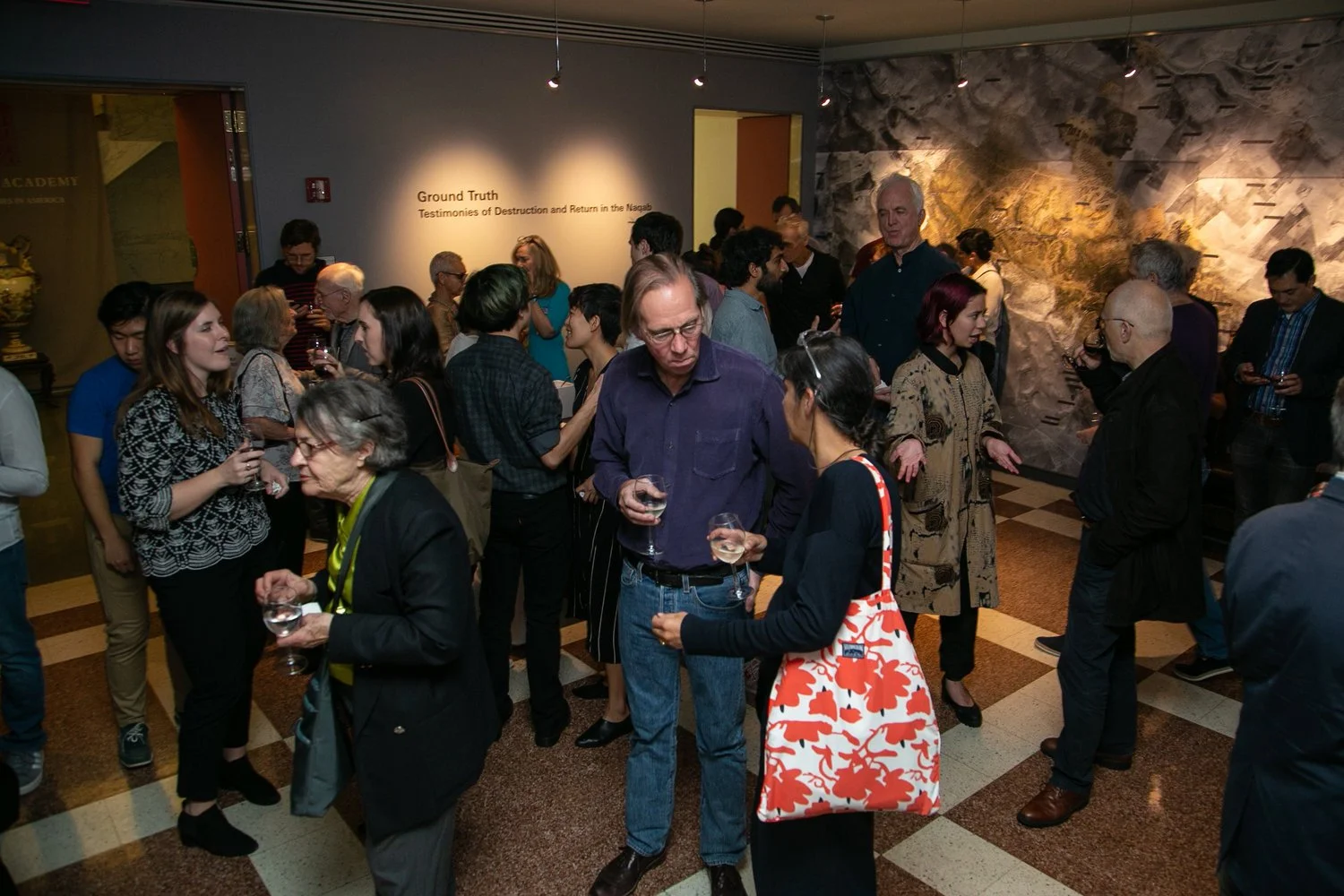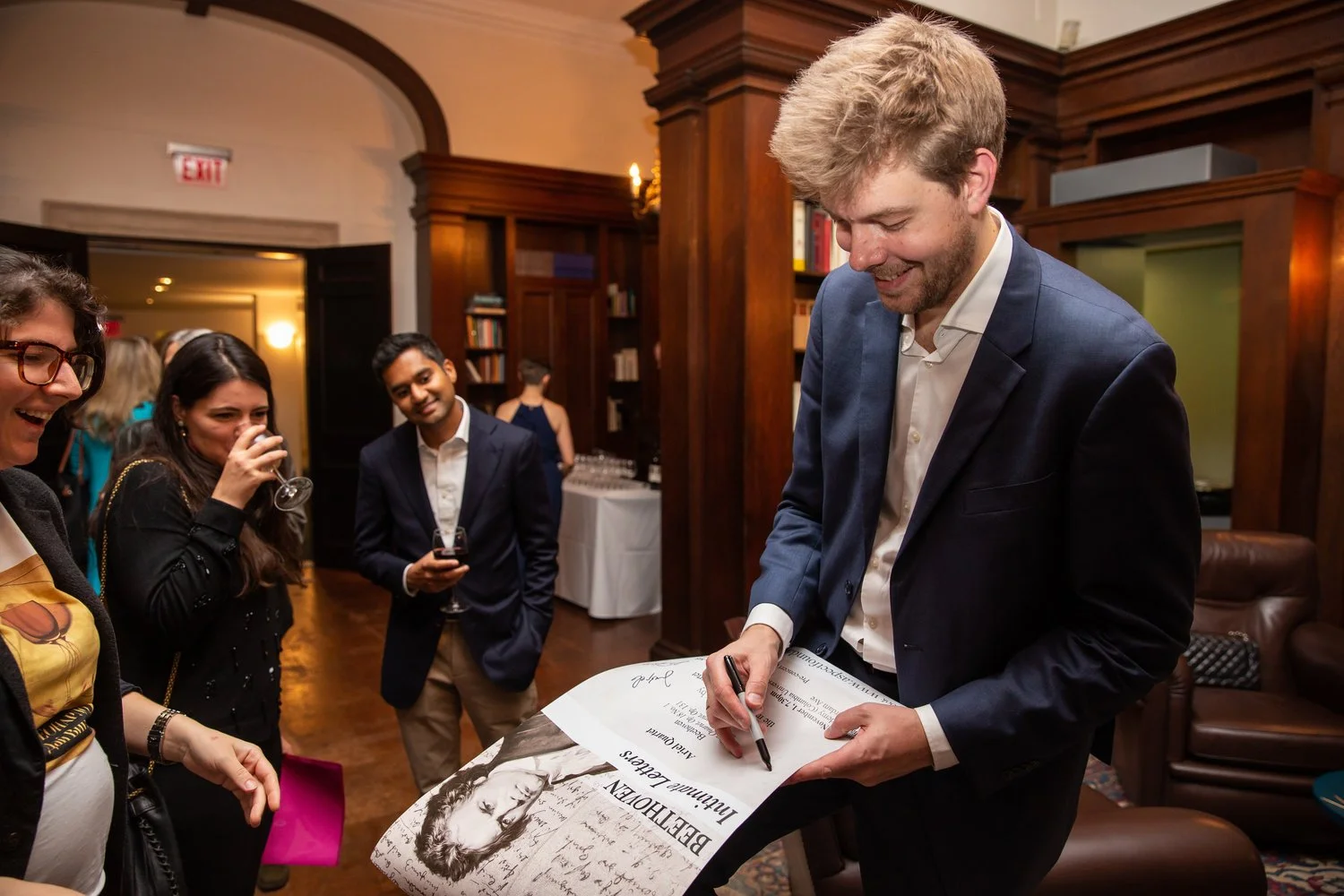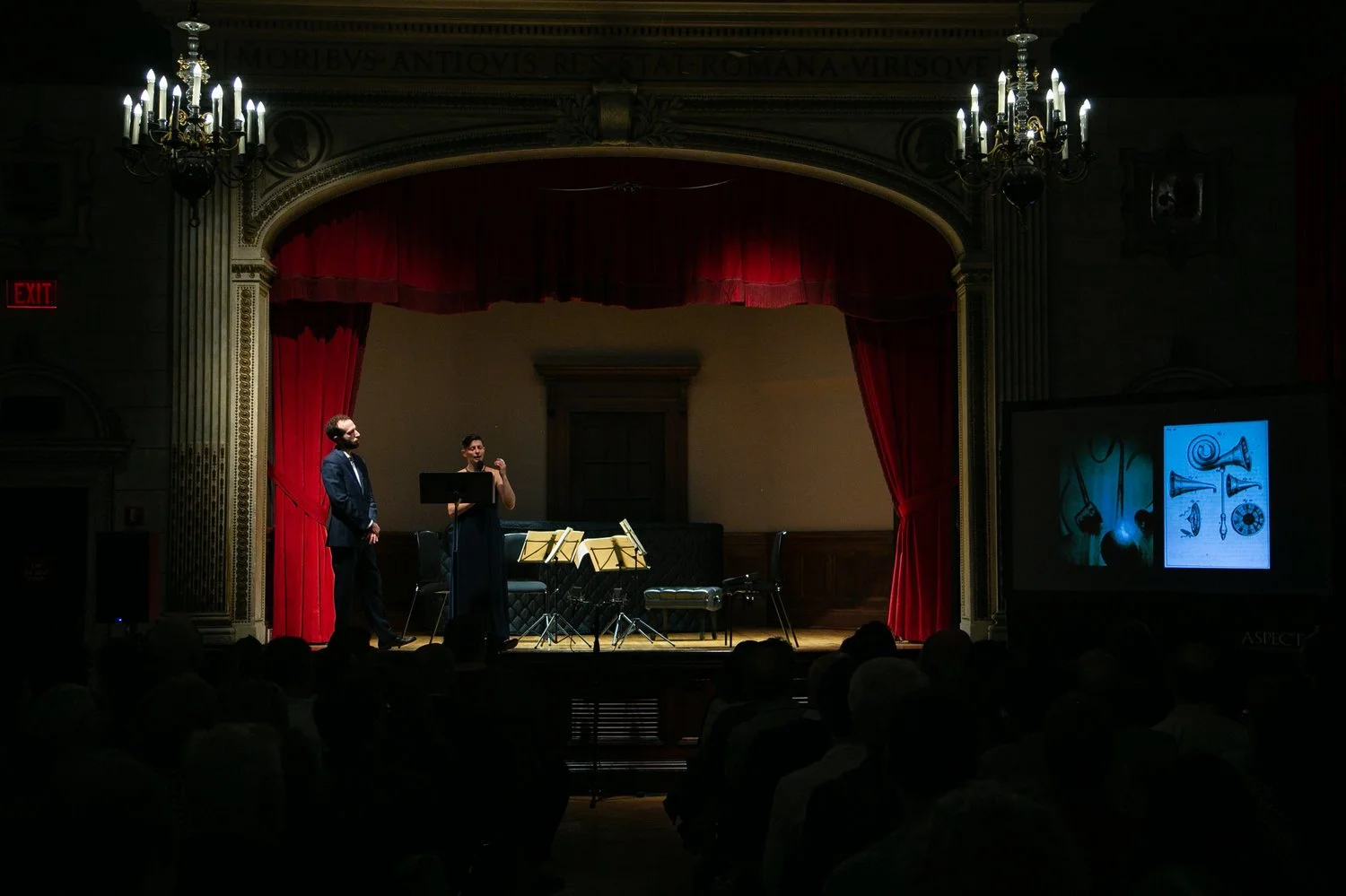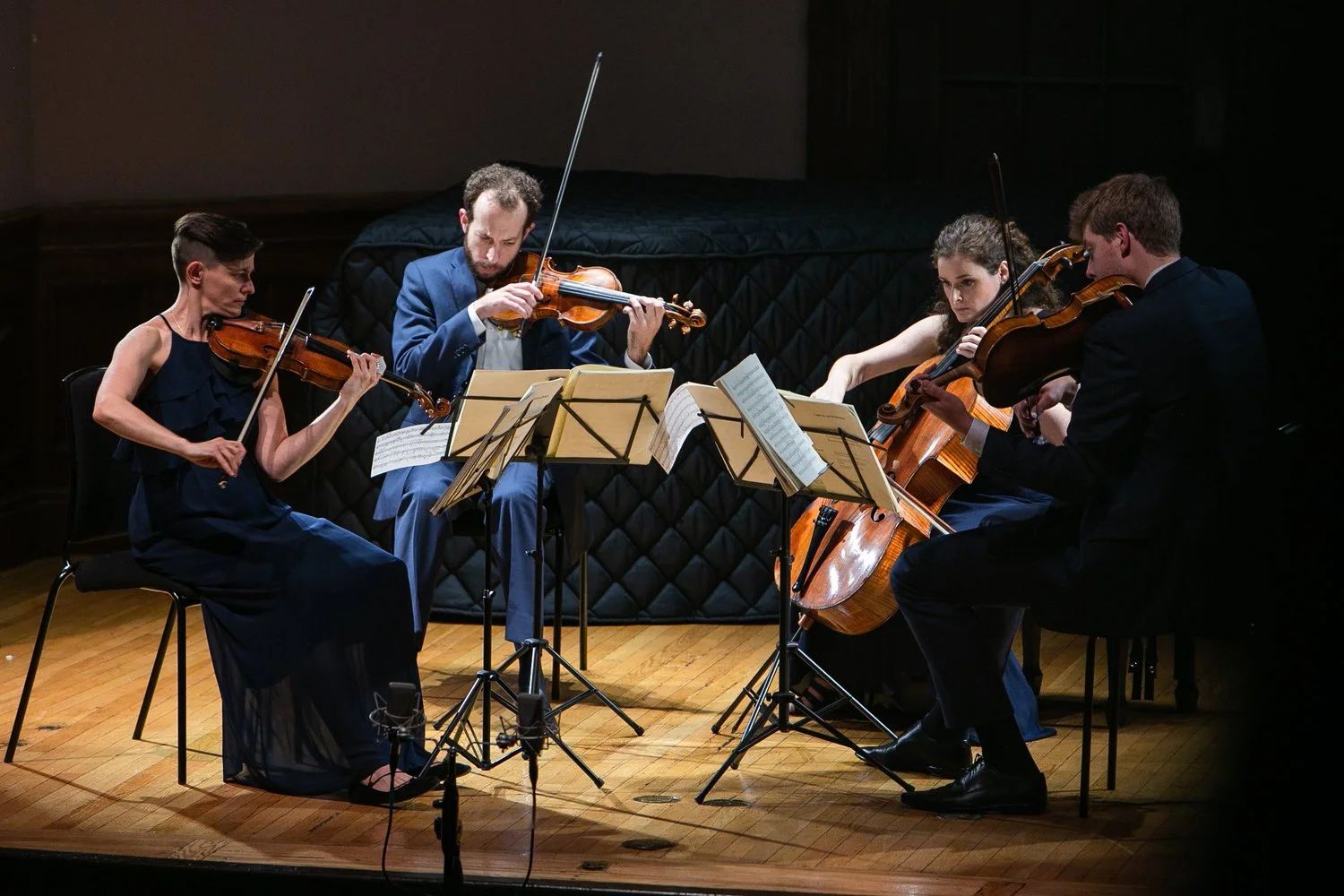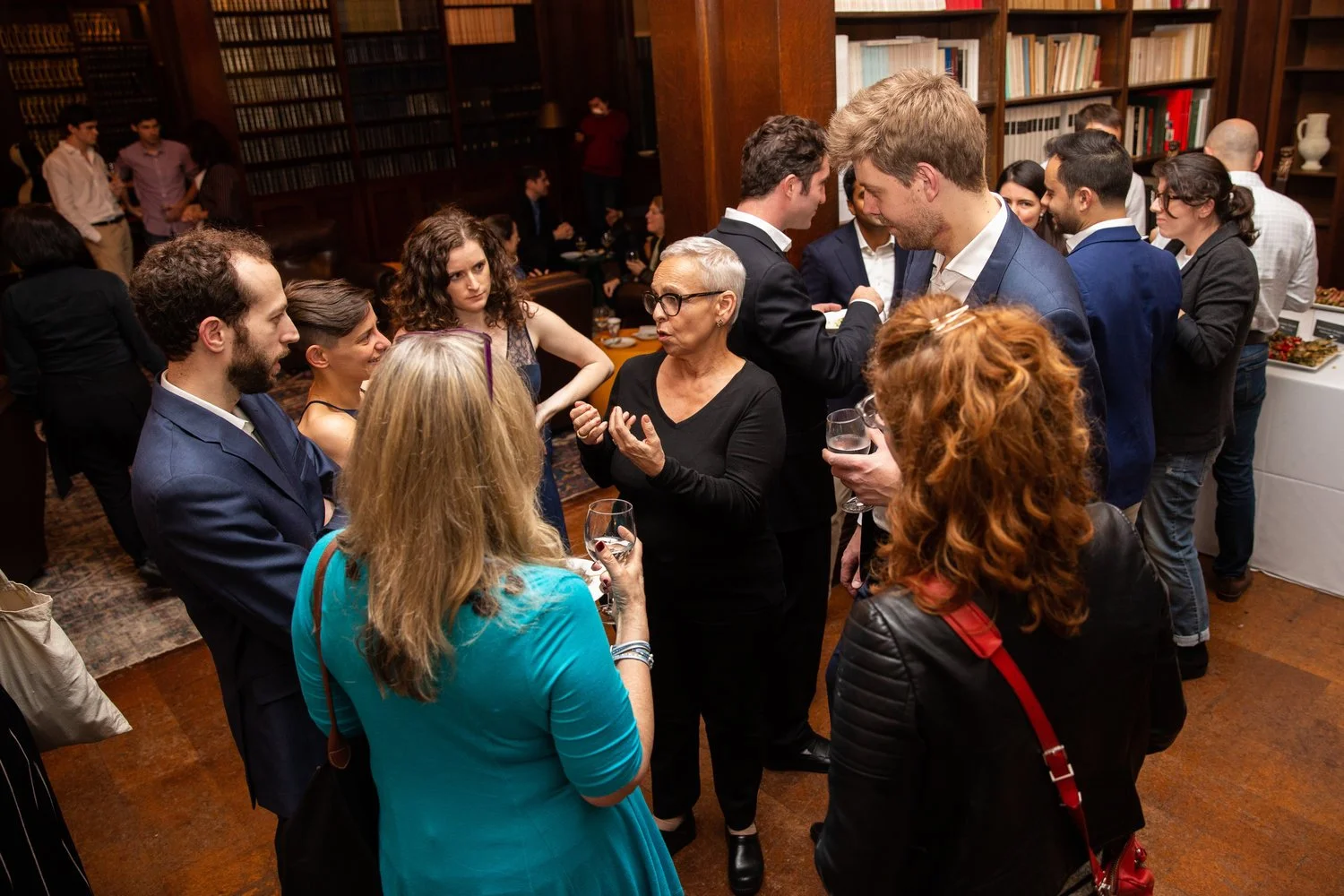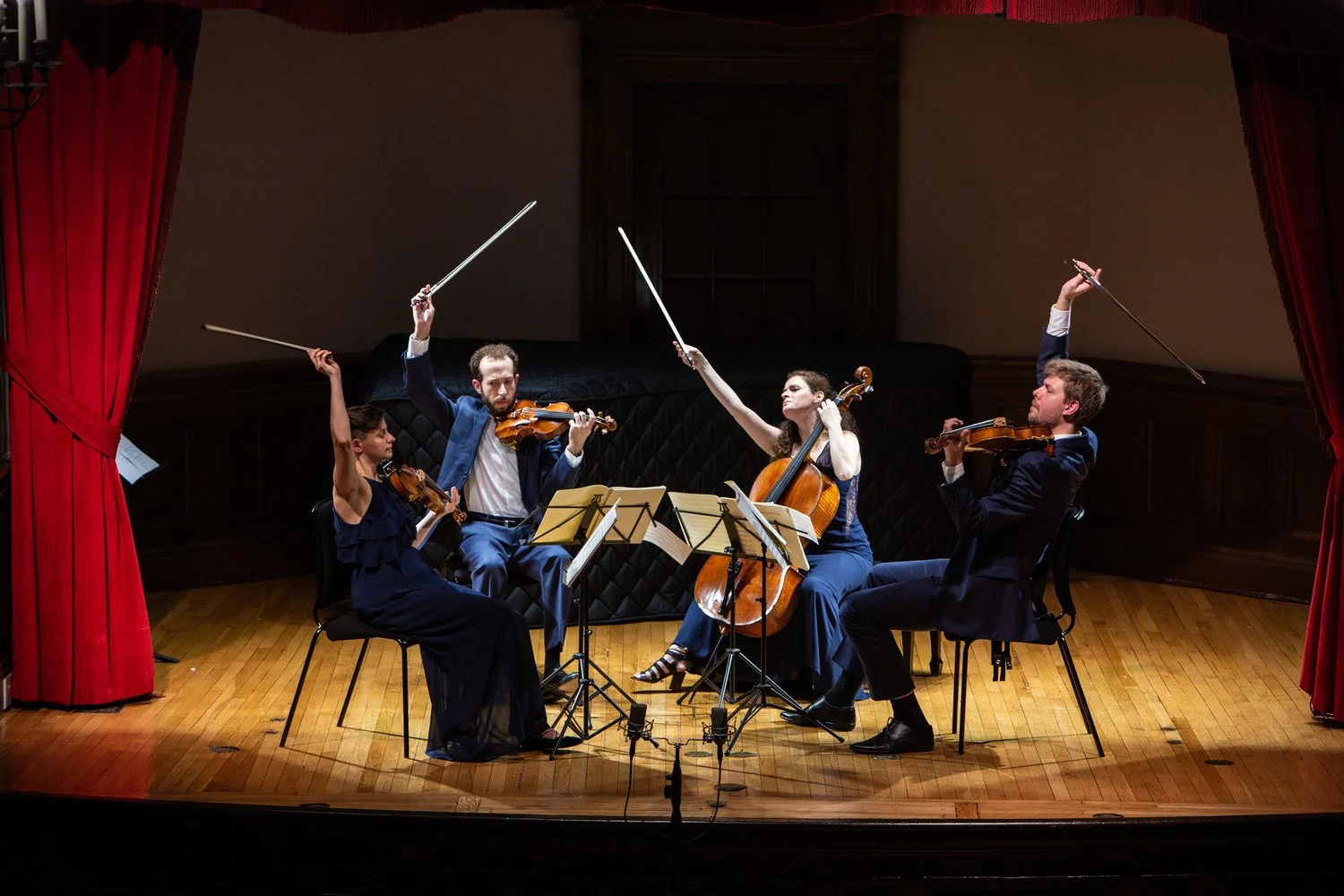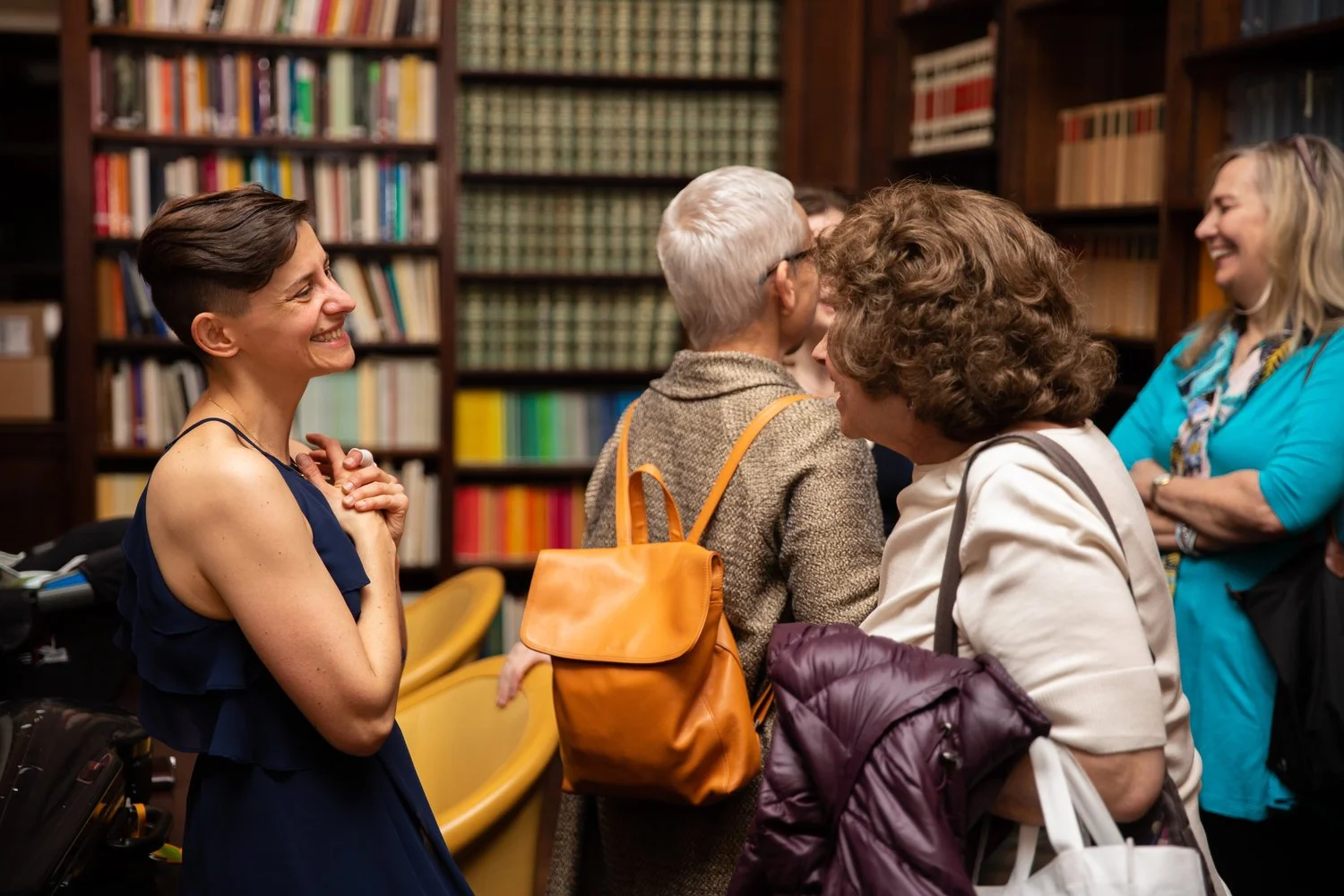BEETHOVEN. INTIMATE LETTERS
November 1 | Italian Academy
Ariel Quartet
Illustrated talk by the Ariel Quartet
Beethoven — String Quartet, Op. 18 No. 1
Beethoven — String Quartet, Op. 131
Tonight we hear one of Beethoven’s earliest string quartets and one of his last. The six quartets of Opus 18 were published in 1801, and No. 6 is a high-spirited and warm-hearted piece. The first theme of the first movement starts with a conversation between the first violin and cello, and though the last movement contains a brief passage labelled La malinconia (‘to be played,’ he wrote, ‘with the utmost delicacy’) which looks forward to his later style, it also evokes a merry ballroom or country dance.
Twenty-five years later, ill, deaf, and desperately worried about his beloved nephew Karl, Beethoven finished Opus 131: seven movements to be played without a break. ‘A new manner of part-writing,’ he wrote to a friend.
Contemporary audiences were not ready for such music, which continues to inspire composers even today. Schumann recognised its genius. Opus 131, he said, stood ‘on the extreme boundary of all that [had] hitherto been attained by human art and imagination’. Schubert, too, understood its place in history. ‘After this, what is left for us to write?’ he asked. But most people, even other musicians, were bewildered. ‘We know there is something there,’ said one, ‘but we do not know what it is.’ Louis Spohr described the late quartets as ‘indecipherable, uncorrected horrors’.
Of all them, Opus 131 was Beethoven’s own favourite. He thought it his most perfect single work and dedicated it to Baron Joseph von Stutterheim in gratitude for his taking Karl into the army after the latter’s suicide attempt.
What was going on in the composer’s life when he wrote it? How did this lonely, haunted man perfect his extraordinary journey into the quartet form: a form full of conversation, human togetherness, social harmony and integration, which sums up the inter-relationship of different voices? How did he move from the Classical balance of Opus 18 to the grandeur, avant-garde daring and unspeakable sorrow of Opus 131? Join us as we explore the possible answers to these questions and more.
© Ruth Padel


